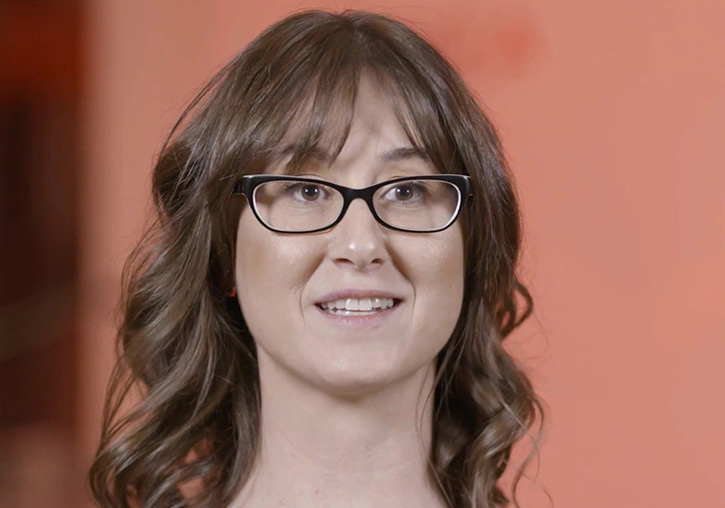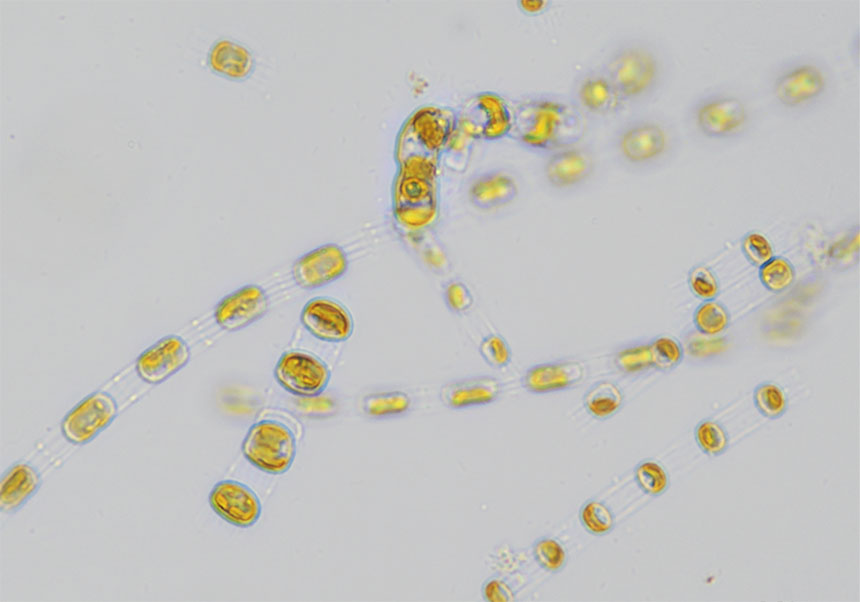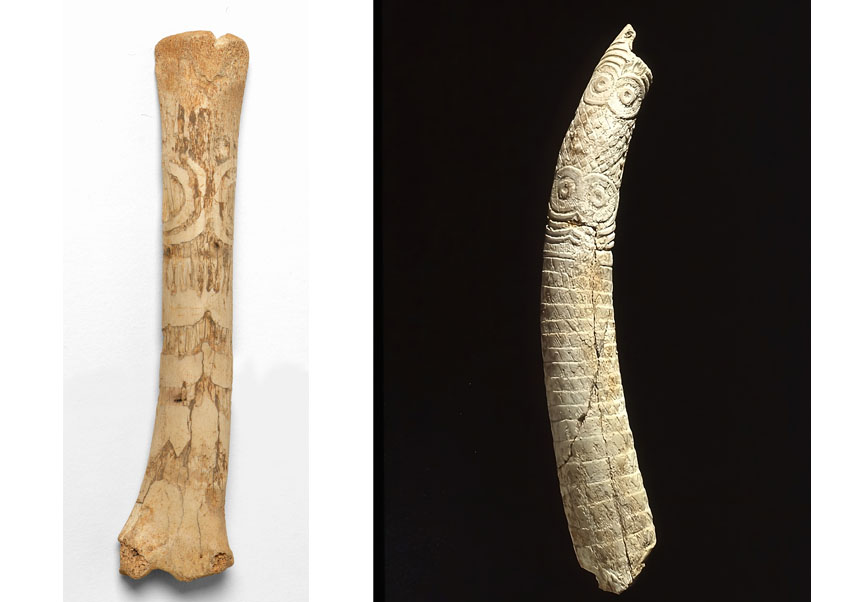Professor Emilia López-Iñesta responds to Mathematics and Artificial Intelligence in a scientific outreach competition
- Scientific Culture and Innovation Unit
- May 2nd, 2020

Emilia López-Iñesta, professor at the University of Valencia and PhD in Information, Communications and Computer Technologies, is part of the scientific outreach project ‘We are scientists – stay at home!’ whose goal is to increase the interest of young students in science, engineering, technology and innovation. After two weeks of competition, from May 4 to 15, 2020, participants will vote to give an award to the best scientist.
This year’s competition has a new format for students between the ages of 10 and 18 to interact from their homes with scientists safely. In the action there are 3 zones, each with 10 experts in different areas of science and technology, and around 18 schools participate.
López-Iñesta is part of the Titanium Zone, where students “ask questions through a chat in which they can ask why to choose a degree in mathematics or data science, what led me to do a PhD in Artificial Intelligence at the School of Engineering of the University of Valencia, why I like teaching, researching and disseminating, what are the objectives of the educational projects in which I am involved (The data that are in you, Falla Immaterial, DatabeersVLC or Girls4STEM) or why I like my work, "explains the researcher.
In this way, the research staff gains communicative skills and students see how what they learn in class is applied in real life. In doing so, they also approach the world of research from the point of view of those who engage in it. Emilia López-Iñesta points out: “Communicating what we do is a debt we have to society. It is also important to get the message that investment in science and technology is critical and that women and men need to work together collaboratively”.
“I would like them to understand the relationship between the STEM professions (Science, Technology, Engineering and Mathematics) and their contribution to the well-being of society. For example, mathematics, 3D printing and computer science are fundamental to the design and manufacture of human prosthetics. We are now seeing with COVID-19 the importance of collecting quality data in an ethical and safe way to make good estimates that allow us to study the evolution of the pandemic”, concludes the researcher at the University of Valencia.
The activity is organised by Kialo Comunicación y Divulgación Innovadora and collaborates with the Spanish Foundation for Science and Technology – Ministry of Science and Innovation, the Spanish National Research Council through the Ciudad Ciencia programme and the Marine Stewardship Council.
Profile of Emilia López-Iñesta:
https://titanio.somoscientificos.es/profile/emilialopez/
File in: Cultura , Difusió i comunicació científica , Cultura Científica , Didàctica de la Matemàtica , Matemàtiques , Escola Tècnica Superior d'Enginyeria
















